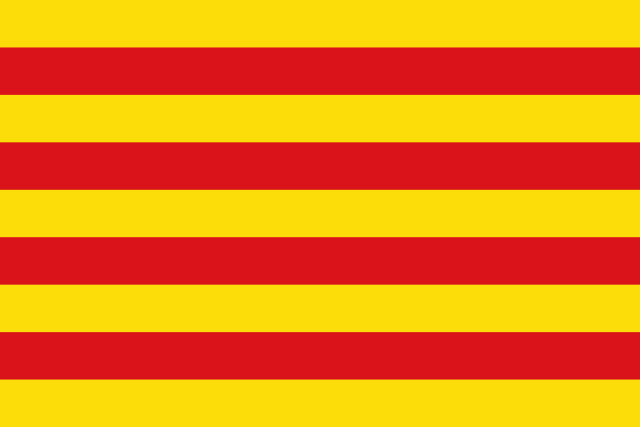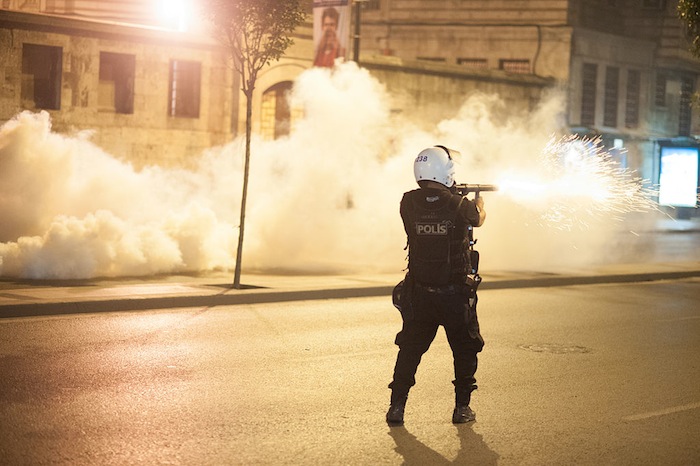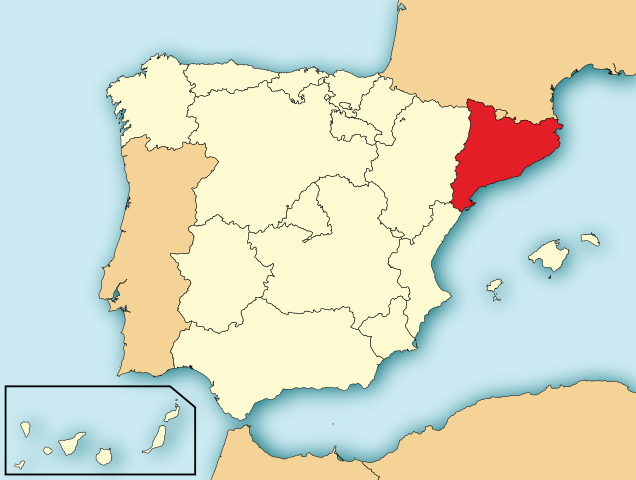You may recall my November 2014 post “Just 3 in 10 back Catalonia independence in ridiculous referendum” in which I broke down what the “80% for independence” recorded on a non-binding referendum sponsored and staffed by the Spanish region’s secessionist movement actually translated into real-world proportions. Ultimately I determined that only about 30% of registered voters — 1.6 million people — had actually showed up and voted for independence on behalf of 7.5 million residents.
We now have the results from this month’s regional parliamentary elections. While the turnout was much higher, a few facts jump out presenting a very similar picture all the same:
1. In September 2015 Catalonia parliamentary elections, 48% of those 77% who voted chose two parties supporting independence from Spain, handing them a “victory.”
2. In absolute numbers, this translated to just shy of 2 million votes for pro-independence parties. (The opposing 4 parties actually won slightly more votes than the two pro-independence parties.)
3. That’s less than 36% of all registered voters and barely more than a quarter of the region’s total population (7.5 million).
And the biggest observation of all?
4. The first-place party, really the same umbrella coalition behind the referendum, won 1.6 million votes and 29% of the registered voters.
Wow. That’s exactly the same as the November 2014 referendum outcome. 1.6 million and about 30% of registered voters. So all they’ve proven is that they are disciplined enough to get their same 1.6 million people out to the polls twice in 12 months. They didn’t grow their base at all over that span. They didn’t move the public needle on independence. And 65% of registered voters either voted for a party that doesn’t support Catalonia becoming independent or couldn’t be bothered to show up to vote at all because this doesn’t matter to them.
No wonder the Spanish central government doesn’t particularly feel compelled to negotiate with such a small and unpersuasive faction. In the final analysis, this “movement” so far remains less about Catalan identity and more about wealthy conservatives trying to keep poorer people in other parts of Spain from getting any of their money.
The feuding between [Prime Minister] Rajoy and Mr. Mas started in 2012 as a dispute over the financial contribution that Catalonia should make to a Spanish system that redistributes tax income from Catalonia and other wealthy regions to poorer parts of the country.
Mr. Mas then turned his frustrated demand for fiscal concessions into a full-fledged drive for independence.

Regional flag of Catalonia











